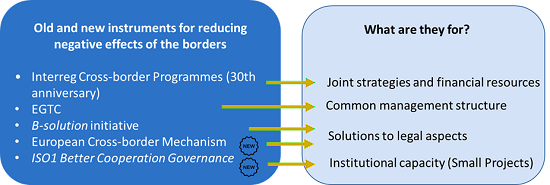
Maximizing Epidemic Preparedness: Effective Coordination Strategies
Epidemic preparedness is a cornerstone of public health, requiring robust strategies and seamless coordination. In the face of emerging health threats, a proactive and well-coordinated approach is essential to mitigate the impact of epidemics on communities.
1. Understanding the Importance of Preparedness
Effective epidemic preparedness begins with a thorough understanding of the potential risks and vulnerabilities within a community. This involves analyzing historical data, identifying high-risk areas, and assessing the capacity of healthcare systems to handle a surge in cases. Preparedness is the first line of defense against the rapid spread of infectious diseases.
2. Building Strong Collaborative Networks
Coordination is the linchpin of successful epidemic preparedness. Establishing strong collaborative networks between local, national, and international health organizations is crucial. This facilitates the sharing of information, resources, and expertise, creating a unified front against potential epidemics. A well-connected network ensures a more efficient response during critical times.
3. Developing Comprehensive Response Plans
Preparedness goes hand in hand with having comprehensive response plans in place. These plans should outline the roles and responsibilities of various stakeholders, from healthcare professionals to emergency responders. Regular drills and simulations help ensure that everyone involved is well-versed in their responsibilities, leading to a more coordinated and effective response when a real epidemic occurs.
4. Investing in Surveillance and Early Warning Systems
Surveillance and early warning systems are pivotal in epidemic preparedness. These systems utilize advanced technologies to monitor disease trends, detect potential outbreaks, and provide timely alerts. Investing in these technologies enhances the ability to respond quickly, implementing containment measures before an epidemic gains momentum.
5. Strengthening Healthcare Infrastructure
A resilient healthcare infrastructure is essential for effective epidemic preparedness. This involves ensuring an adequate supply of medical resources, such as ventilators, personal protective equipment (PPE), and essential medications. Additionally, having a surge capacity plan in place enables healthcare facilities to scale up their operations during peak periods of an epidemic.
6. Engaging Communities in Preparedness Efforts
Community engagement is a critical component of epidemic preparedness. Educating the public about preventive measures, recognizing symptoms, and the importance of early reporting contributes to a more informed and responsive community. Prepared communities are better equipped to follow guidelines and actively participate in containment efforts.
7. International Cooperation for Global Preparedness
Epidemics know no borders, making international cooperation paramount. Collaborating with other countries and global health organizations fosters a collective approach to epidemic preparedness. Sharing best practices, research findings, and resources on a global scale strengthens the world’s ability to respond effectively to emerging health threats.
8. Implementing Technology for Coordination
In the digital age, technology plays a pivotal role in coordinating epidemic preparedness efforts. Utilizing communication platforms, data analytics, and mobile health solutions streamlines information sharing and enhances real-time collaboration. Technological advancements contribute to more efficient coordination and response strategies.
For the latest insights on Epidemic Preparedness and Coordination, visit healthcares.my.id. Stay informed about the evolving strategies and technologies that contribute to a world better equipped to handle the challenges of epidemics. Effective preparedness and coordination are the pillars upon which resilient and responsive healthcare systems are built.














